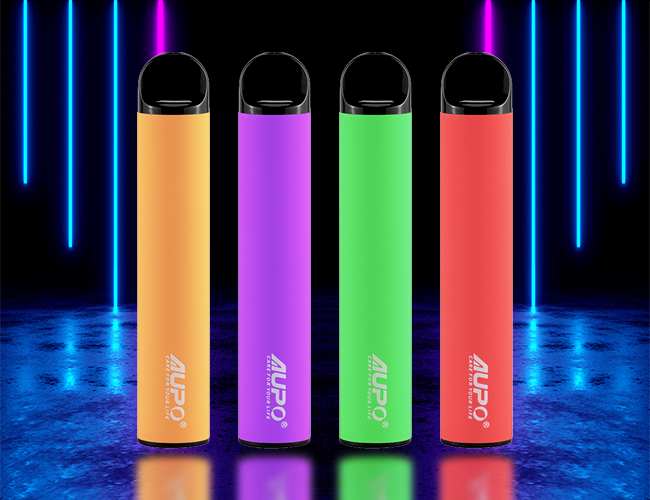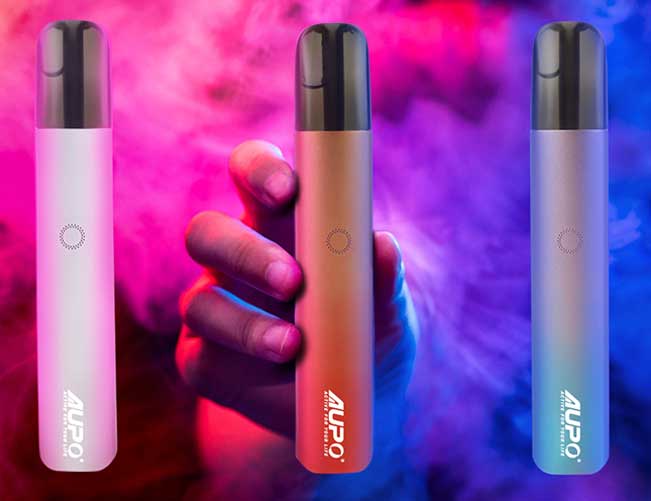Flossing is a burden to many and an exciting activity to none (unless, perhaps you’re a dentist). Still, experts consider it a crucial part of one’s oral hygiene since doing it daily helps to prevent gum disease, cavities and bad breath. While some people blame time constraints as a reason for not being consistent with it, others simply find the activity tedious or uncomfortable. If you fall into any of these camps, you may want to consider an alternative: The best water flossers are ergonomically designed, user-friendly and equipped with the right pressure settings to get the job done.
The best water flossers will take your dental hygiene to the next level. Longfian Oxygen Concentrator

We’ve enlisted the help of several experienced dentists to explain the ins and outs of these tooth-and-gum care devices. Since not all are created equal, we’ll share exactly what to look for, along with some expert recommendations. Whether you’re looking to level up your flossing game or actually get into it for the first time, read on for our top water flosser picks that will make it as painless and easy as possible to keep your mouth feeling squeaky clean.
With its solid power and flexibility, the Aquarius is a top-rated flossing device among professionals. “I like how it has 10 different power settings, which can be great for patients’ specific needs,” says Lawrence Fung, DDS, who runs Silicon Beach Dental in California. And Sharon Huang, DDS, founder of Les Belles NYC Dentistry, is a fan of its long flossing time thanks to a large water reservoir that allows for about 90 seconds of use in one session.
With over 17,000 positive reviews on Amazon, the Nicwell Water Flosser gets the job done at a fraction of the cost compared to similar models. Huang particularly likes this pick for its versatility: It has four multiple flossing modes, five jet tips and is easy to use. Plus, its cordless feature and smaller reservoir make it perfect for travel.
This countertop water flosser is ideal for people who have orthodontia or struggle with flossing. More compact than full-size competitors, the Nano Plus delivers 1,400 water pulses per minute and “really cleans deep between the gums and below the gum line,” according to Huang. Even better: It comes with four tips, including one specifically designed for braces.
While there are many cordless water flossers on the market, this one is by far the best. With its small size and long battery life (a single charge will last a full month), it’s ideal for travel. “It can even be used in the shower,” says Huang. And with its ample reservoir capacity, you’ll get about 90 seconds of use.
The MySmile Water Flosser is compact enough to make it work for both home and travel. Despite its smaller size, it holds 350 mL of water for continuous and thorough flossing. It also features five cleaning modes and eight interchangeable jet tips for a more tailored experience. Dr. Pia Lieb, who run Cosmetic Dentistry Center NYC describes this flosser as “small, sweet and functional,” and uses it herself frequently while on the go.
With three simple floss modes and four floss tips, the CariPro is a straightforward yet effective option for the water flossing novice. It skillfully removes plaque from treated areas, and is 50% more effective at improving gum health than traditional floss, according to the brand. Smile Brilliant also offers a 60-day trial period, so you can try it out risk-free.
While your flossing preferences will vary according to your specific oral care needs and budget, there are certain characteristics to pay attention to when making your pick. Here’s what to look for in the device.
The reservoir is a key component of the water flosser, since it correlates to how long each session is; you can fill it with either water or mouthwash. On cordless models, water flows directly into the nozzle attachment, whereas countertop units funnel water through a tube connected to the nozzle.
A larger tank leads to more flossing time, but it will definitely require a bulkier design. Consider whether you plan to travel with your water flosser or keep it stationed at home. “If you’re not going to be doing much traveling, having a larger reservoir is more convenient,” says Fung.
Most experts agreed that all water flossers are uniformly easy to use. With the push of a button or flick of a dial, most take about 60 to 90 seconds to clean the entire mouth. They require little maintenance other than replenishing the reservoir with water.
According to San Antonio-based founder of Ingram Hills Dental Dr. Michele Bishop, water flossers can range from 10-160 PSI, with a range of settings that users can adjust based on their comfort level. “On average, 60-75 PSI is most effective for removing plaque in between teeth, if it’s being used with the proper technique,” she says.
While 100-160 PSI is the strongest setting, Bishop cautions against confusing force and high pressure with technique. “It’s important to know how to use the water flosser to the best of its ability: angling the tip to ensure it’s getting in between the teeth is key to its effectiveness,” she says. In a dentist office, the average PSI is 60; however, Dr. Bishop adds these are often used in concert with ultrasonic tips and micropowders to remove stains.
Finally, it’s important to note that the intensity varies greatly between cordless and countertop units. The best and highest levels will be with the plug-in units. “The portable models will have a lower intensity, but work great for those with braces in between meals,” says Fung.
Before you go tossing the dental floss, experts agreed that water flossing is a great addition to your oral care regimen, but it’s not a perfect replacement for the string version paired with brushing. “Water flossing is not as effective as regular flossing, so ideally you would use it after using traditional floss,” says Huang. For an even deeper clean, Lieb recommends using GUM soft picks to go between the teeth. This action will remove any lingering plaque buildup.
Water flosser accessories can add even more customization to the teeth cleaning experience. While not absolutely essential, Fung suggests using models that have “separate tips for orthodontics, general use and dental appliance cleaning.” For portable versions, most come with a convenient traveling case and global voltage capabilities.
According to Dr. Edmond Hewlett, consumer advisor for the American Dental Association and professor at UCLA School of Dentistry, water flossers spray streams of water in steady pulses to clean between and around teeth. This combination of pulsation and pressure removes plaque and debris that may cause gingivitis and gum disease. “It’s a power washer for your teeth,” says Lieb.
Experts agree that anyone can use one, but some suggest that certain groups might benefit more than others. “Water flossers can be an option for people who have had dental work that makes flossing difficult, such as braces or permanent or fixed bridges,” says Hewlett.
Fung says that those with limited manual dexterity would benefit from water flossers. And if you’re suffering from dry mouth or gum disease, he advises using one as a great way to get antiseptic rinse to all areas of the mouth.

Caire Oxygen Concentrator All experts interviewed for this story recommend water flossers. In particular, Hewlett advises using water flossers that have earned the ADA Seal of Acceptance. “These have been tested to be safe and effective at removing plaque, which puts you at a higher risk for cavities and gum disease,” he says. Huang especially finds them “very good for patients who wear fixed dental appliances like bridges, permanent retainers and braces,” as they make it easier to clean under and around brackets and wires.